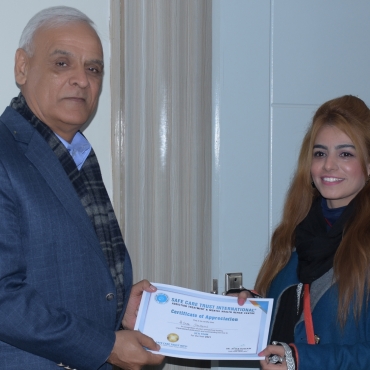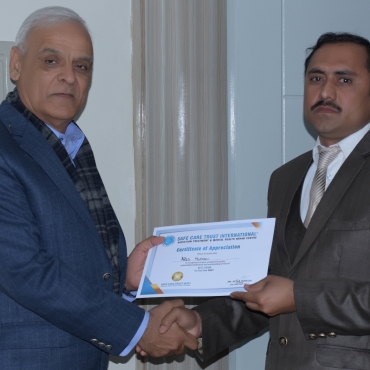Hypomania is a mild to moderate level of elevated mood, characterized by optimism, pressure of speech and activity, and decreased need for sleep. Generally, hypomania does not inhibit functioning as mania does. Many people with hypomania are actually more productive than usual, while manic individuals have difficulty completing tasks due to a shortened attention span. Some hypomanic people show increased creativity, although others demonstrate poor judgment and irritability. Many experience hyper sexuality. Hypomanic people generally have increased energy and increased activity levels. They do not, however, have delusions or hallucinations.
Hypomania may feel good to the person who experiences it. Thus, even when family and friends recognize mood swings, the individual often will deny that anything is wrong. What might be called a “hypomanic event”, if not accompanied by depressive episodes, is often not deemed as problematic, unless the mood changes are uncontrollable, volatile or mercurial. If left untreated, an episode of hypomania can last anywhere from a few days to several years. Most commonly, symptoms continue for a few weeks to a few months.
Some hypomanic people show increased creativity, although others demonstrate poor judgment and irritability. Many experience hyper sexuality. Hypomanic people generally have increased energy and increased activity levels.




